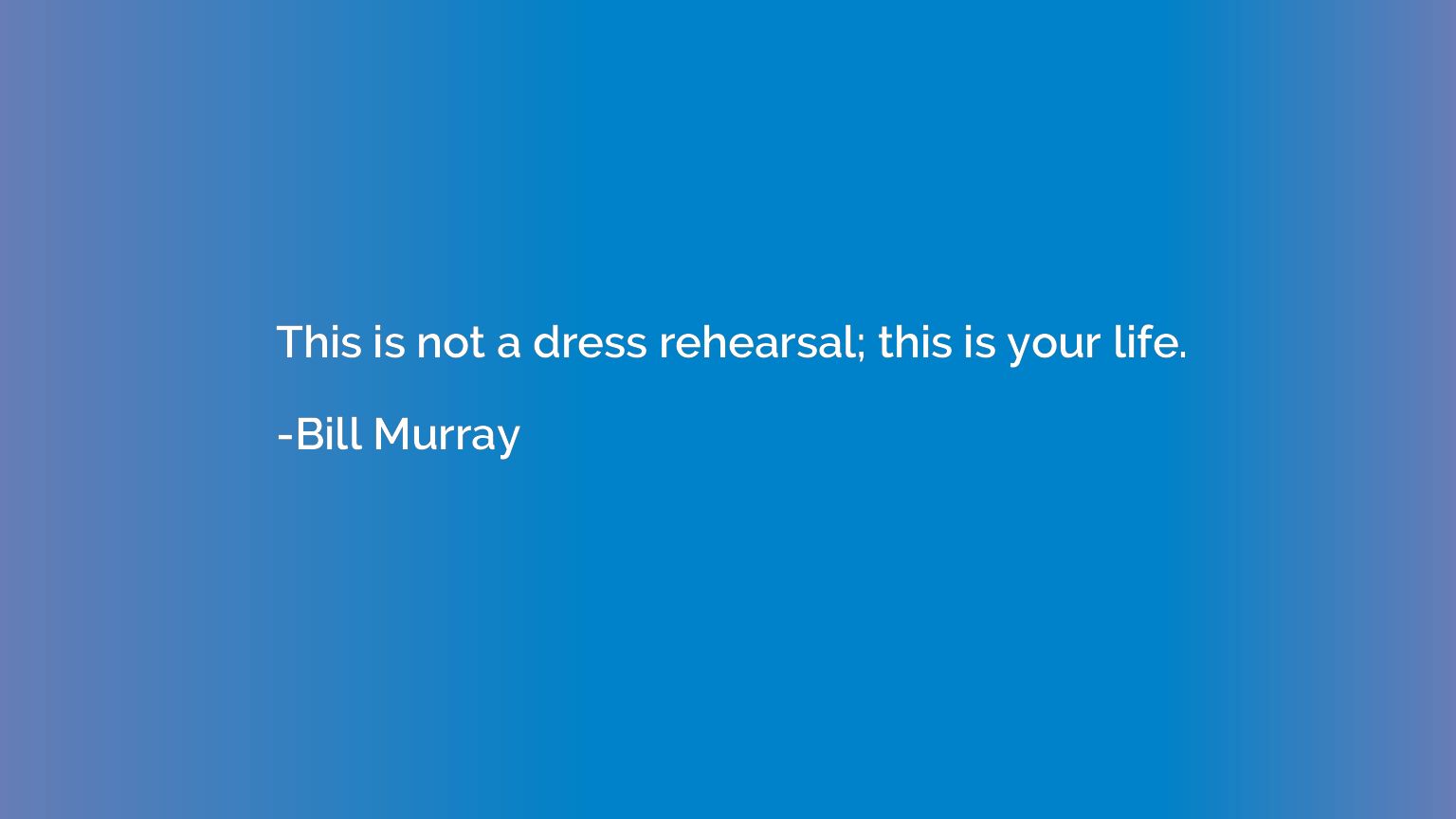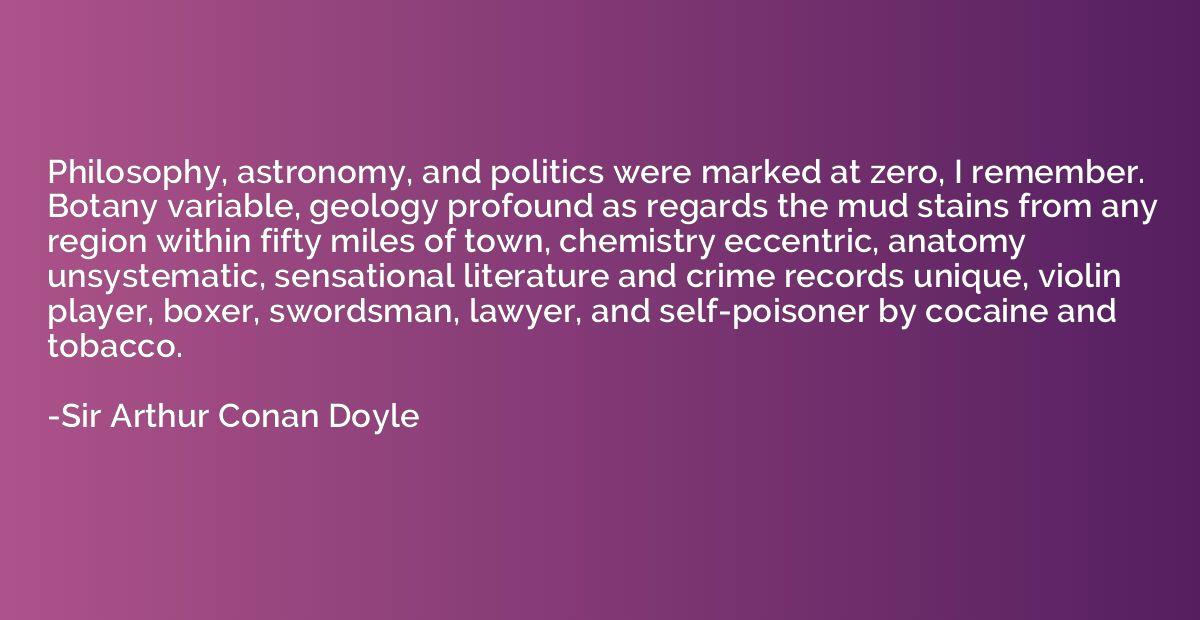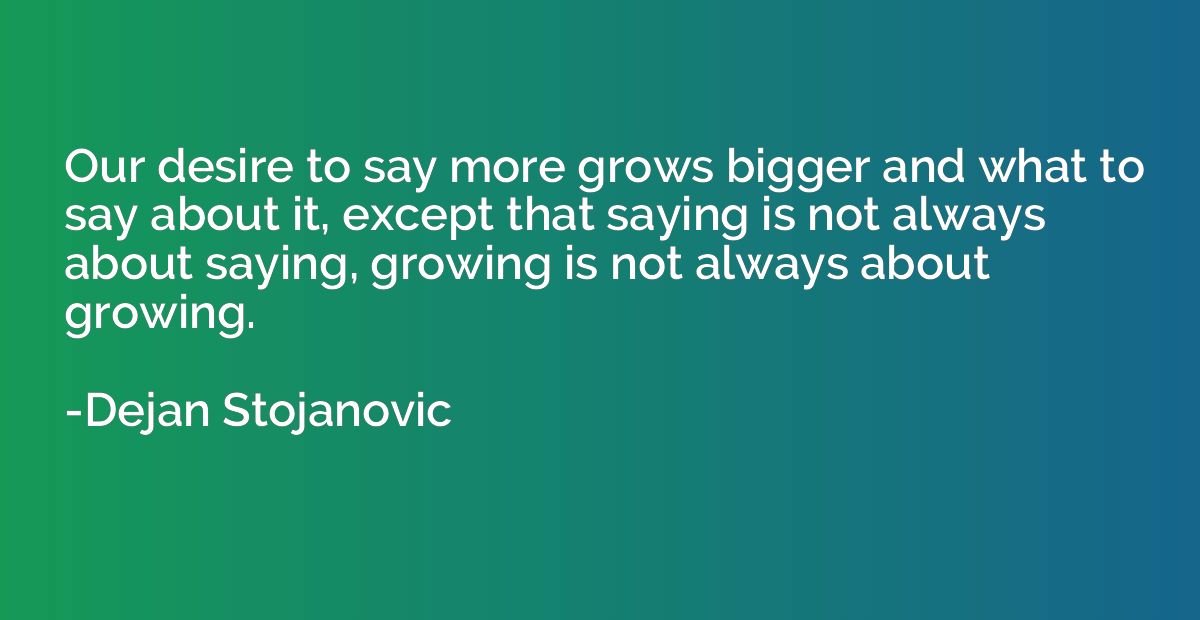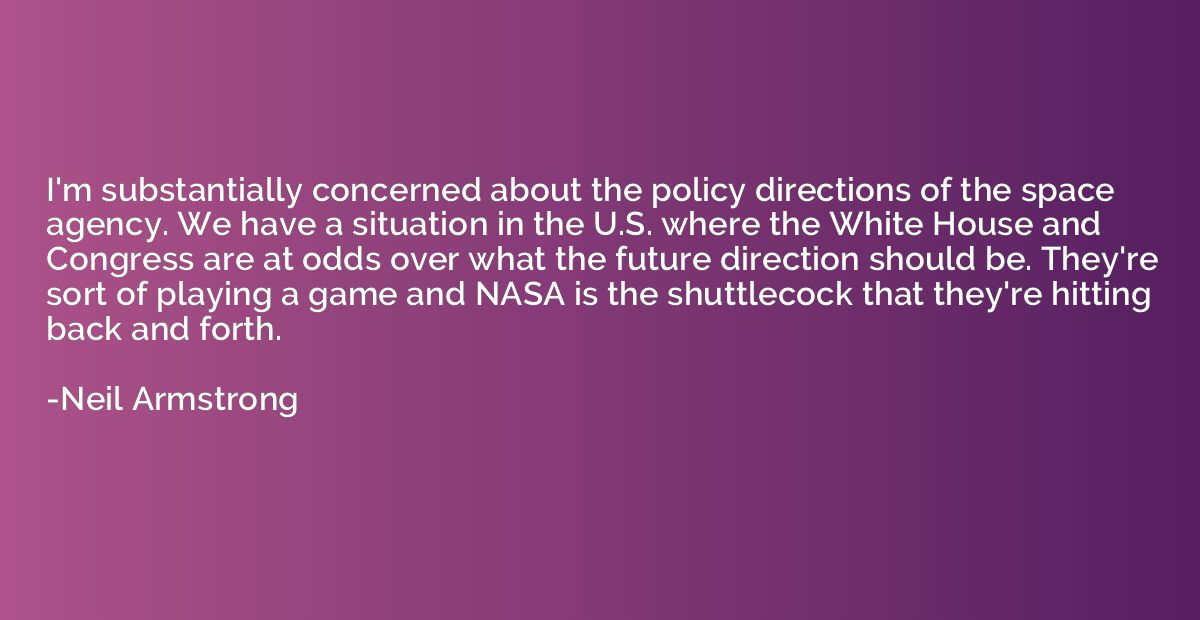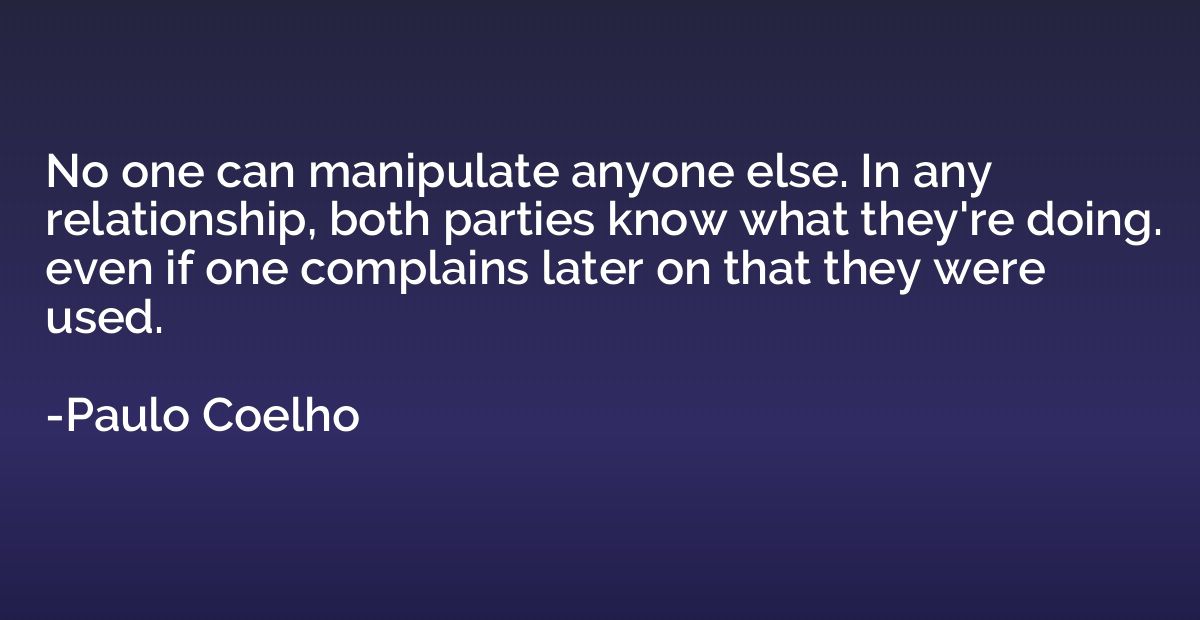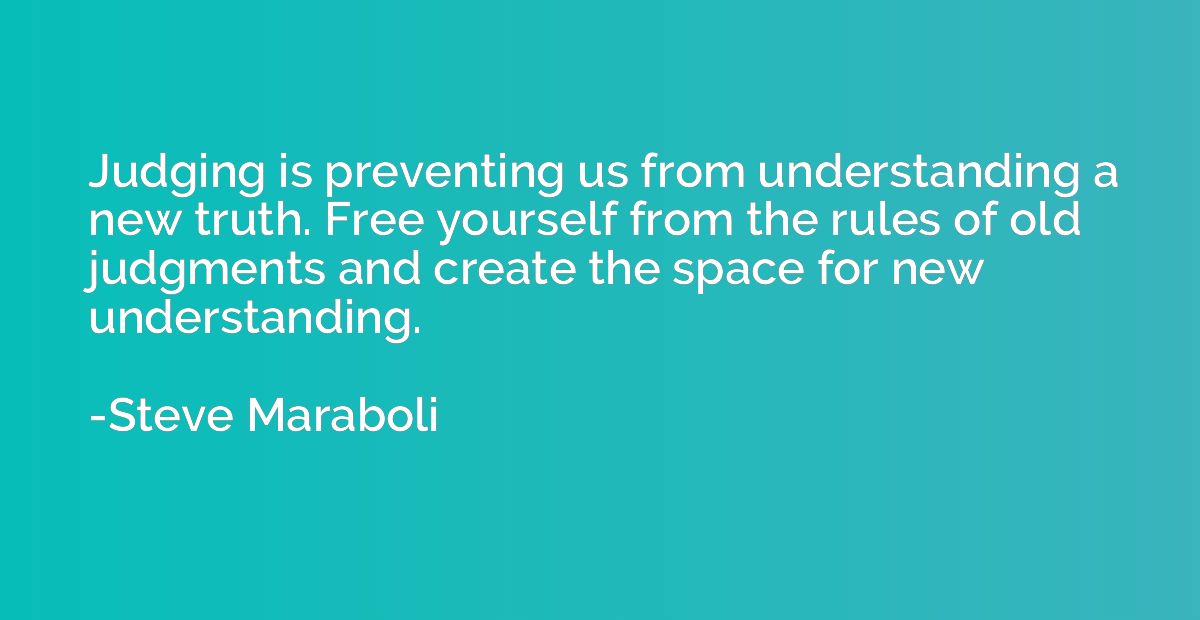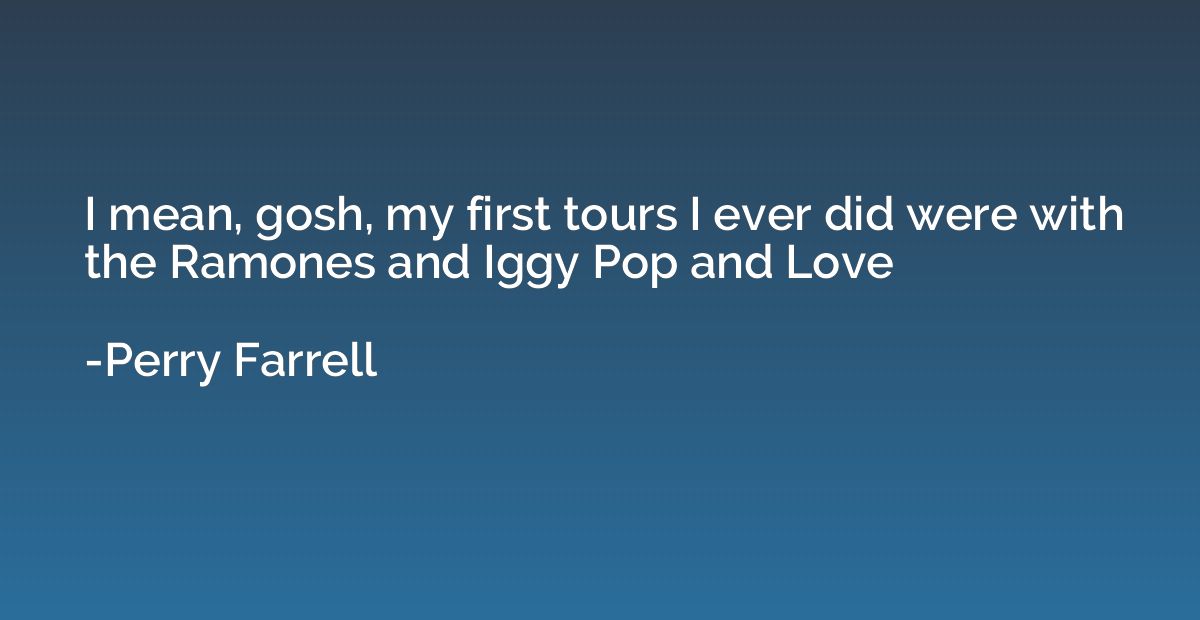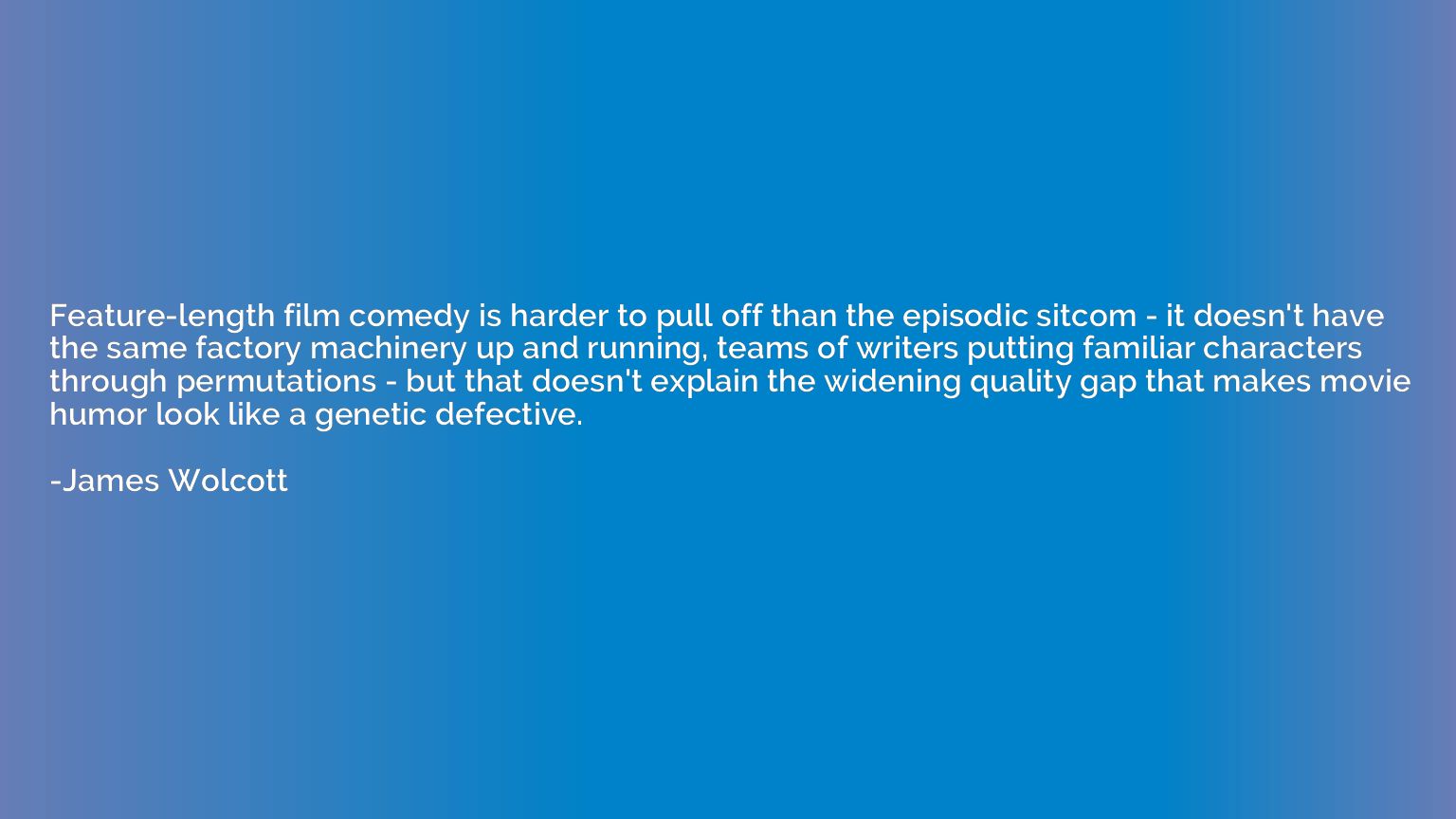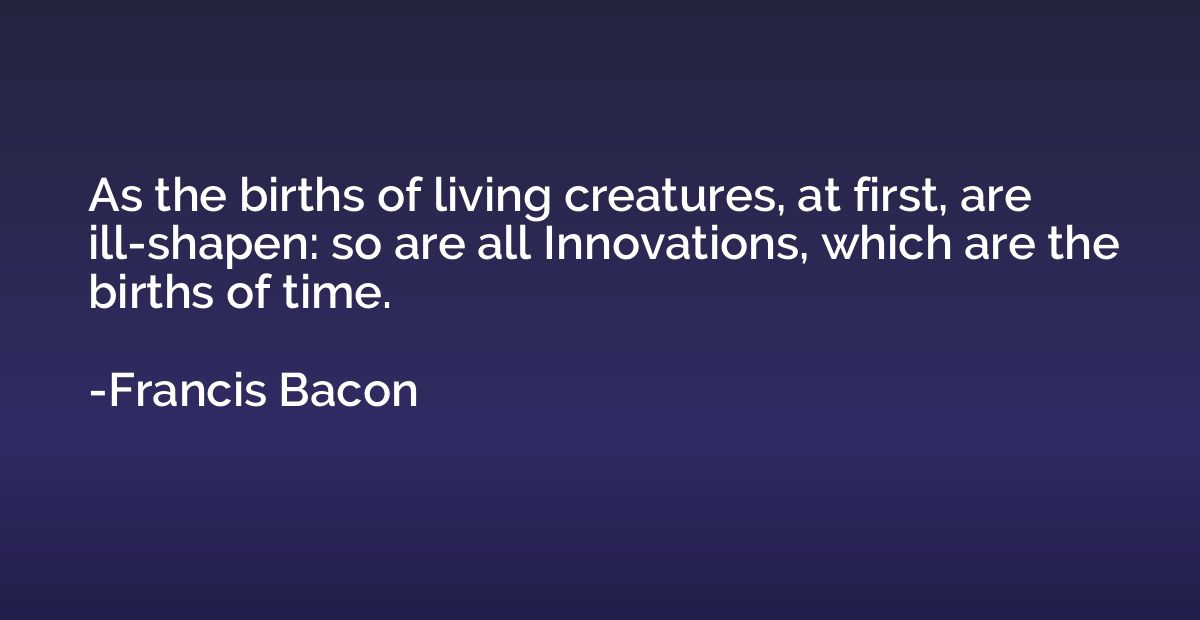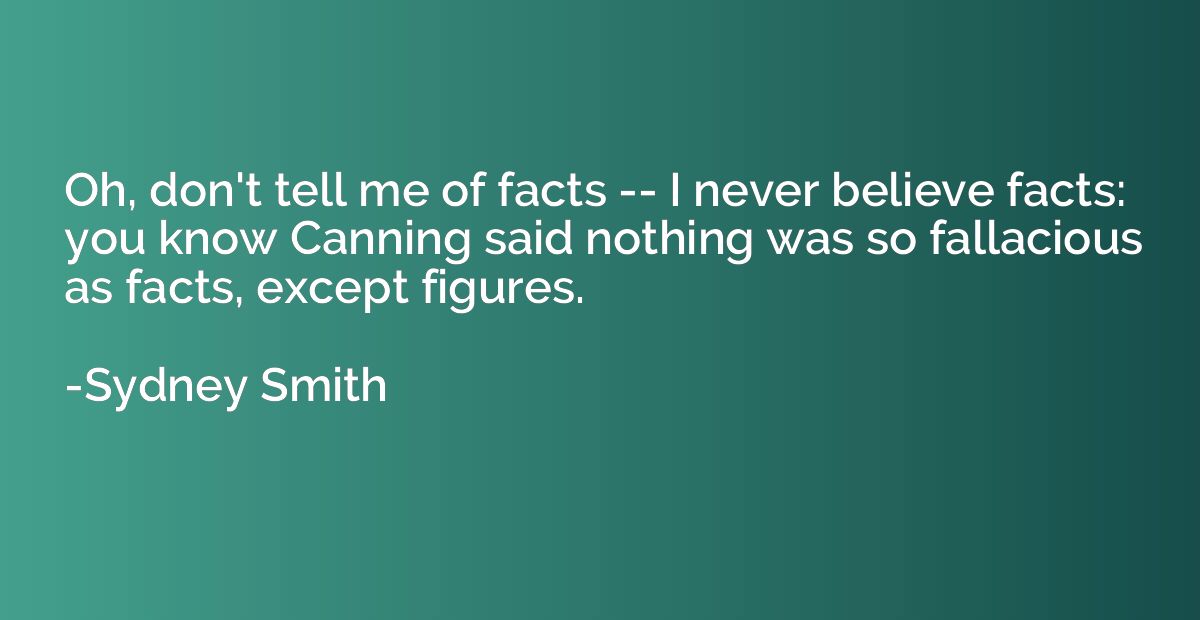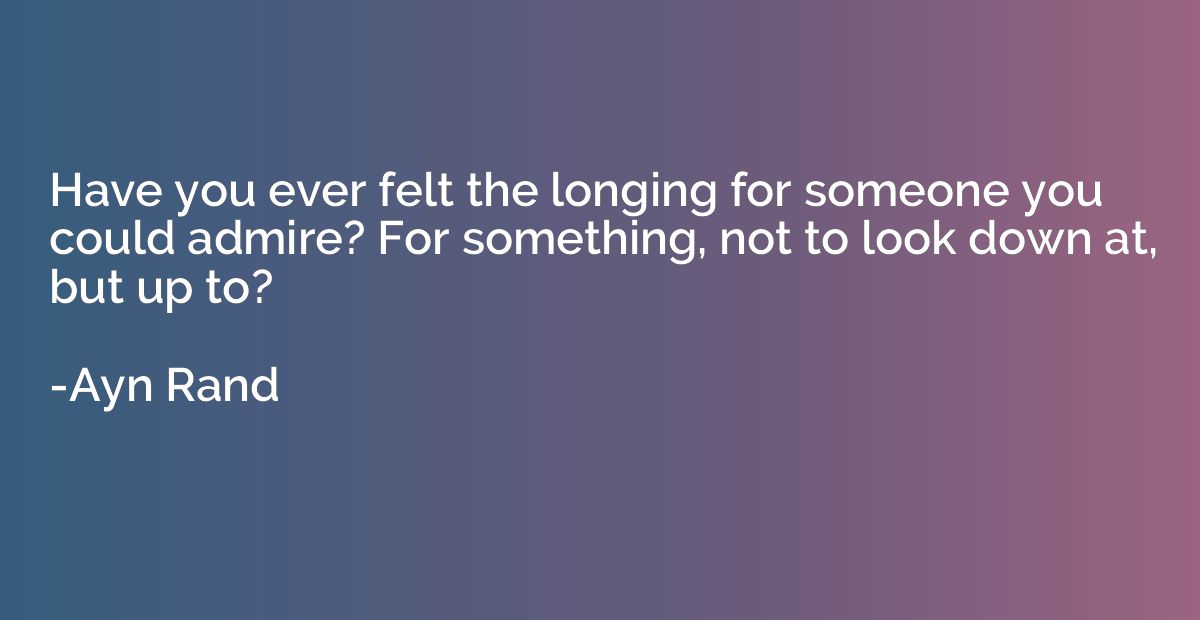Quote by Rush Limbaugh
The message that President Obama delivered in his speech at Notre Dame was: morality is immoral. Pro-life is the extremist position, not a moral position. Yet we should compromise and work to reduce abortions. Where's the compromise between life and death - and why work to reduce the number of them occurring if there's nothing wrong with them?
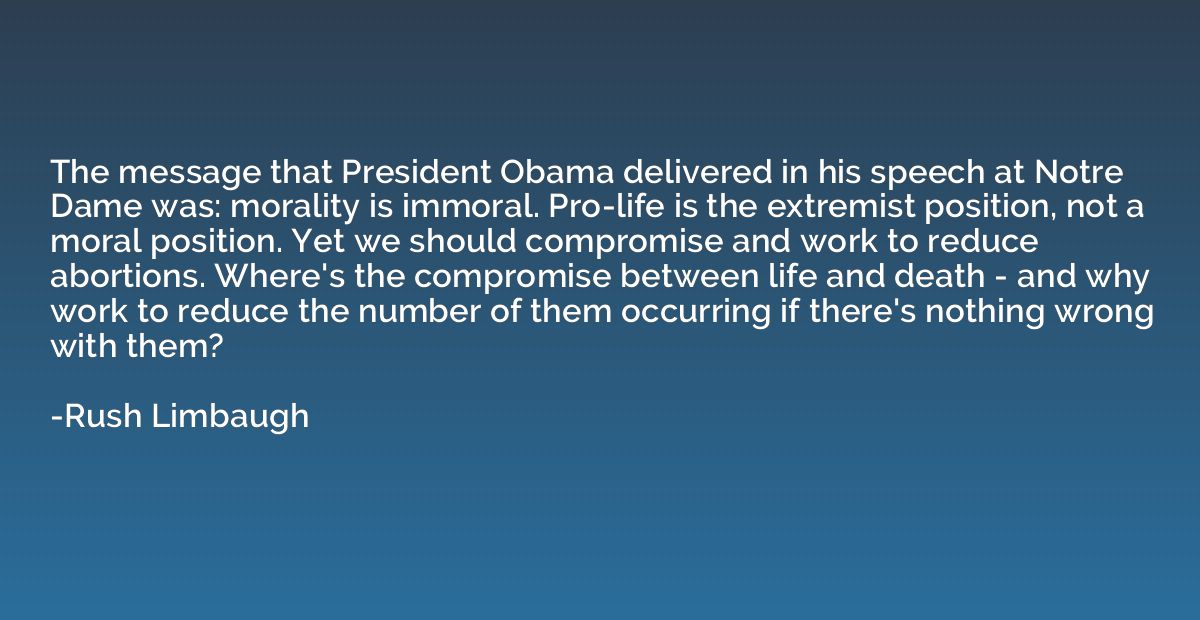
Summary
This quote appears to be expressing criticism towards President Obama's stance on abortion during his speech at Notre Dame. The quote argues that the message conveyed is contradictory, asserting that morality is treated as immoral and labeling the pro-life stance as extremist instead of moral. The quote questions the notion of compromise between life and death, suggesting that if there is nothing inherently wrong with abortions, why should efforts be made to decrease their occurrence. The author seems to be seeking clarification and potentially highlighting their disagreement with the President's viewpoint.



